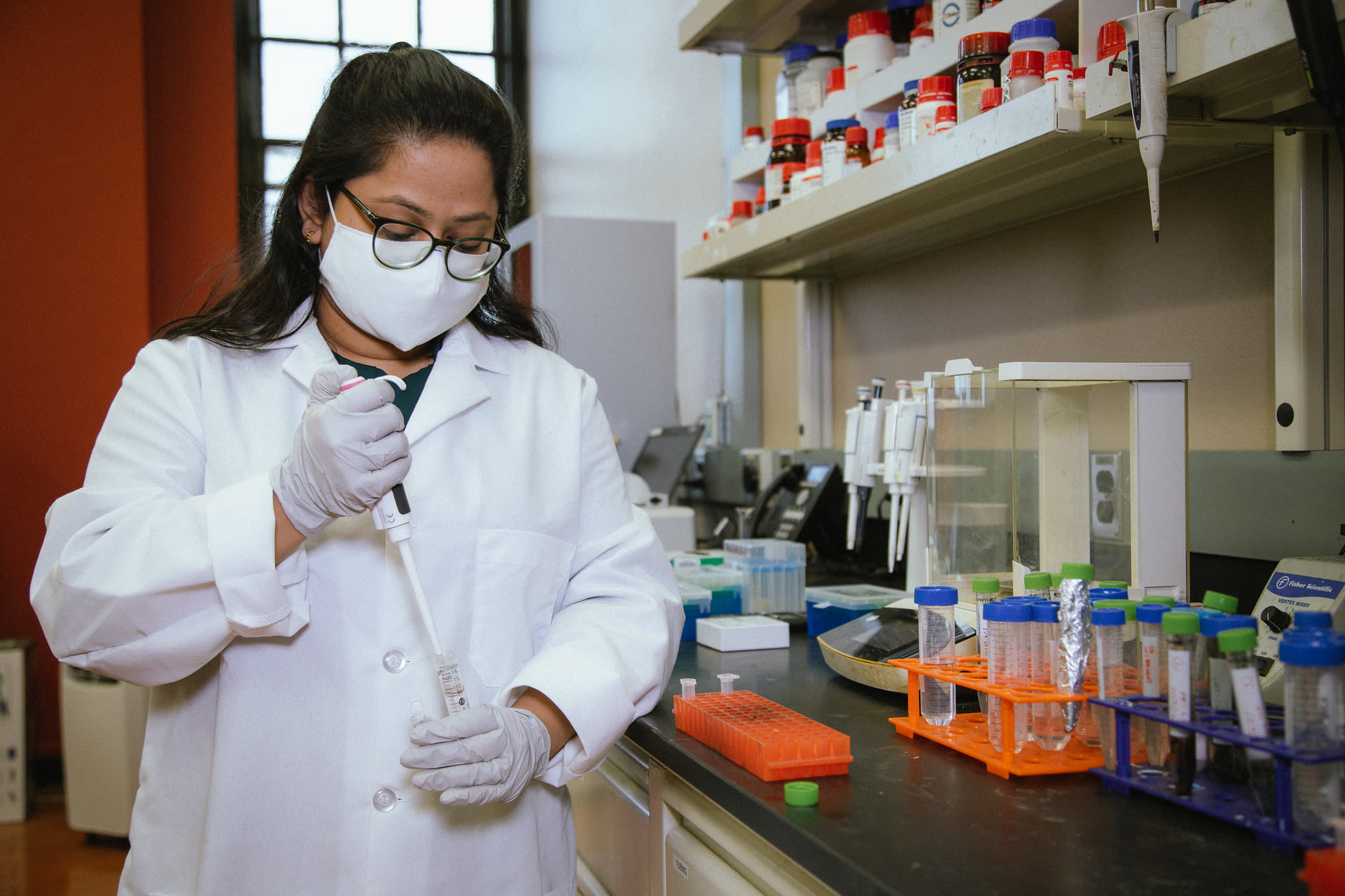
A handheld sensor tests perspiration for cortisol and provides results in eight minutes, which researchers say is a key advance in monitoring a hormone whose levels are a marker for many illnesses, including various cancers.
The material and sensing mechanism in the device could be easily engineered to detect other specific hormones, such as progesterone, a key marker for women’s reproductive health and pregnancy outcomes.
The enzyme mimic sensor avoids the most expensive and time-consuming elements of conventional cortisol testing. The sensor is naturally enzyme free, label free, and redox signaling probe free. The integrated sensor can be applied to point-of-care and wearable applications.
The artificial enzyme is a special polymer with tiny spaces shaped to fit only cortisol molecules. These spaces are surrounded by catalysts that make cortisol react, producing electrical signals. By measuring the signals, the amount of cortisol present can be determined, an important diagnostic tool.
For more information, visit here .



